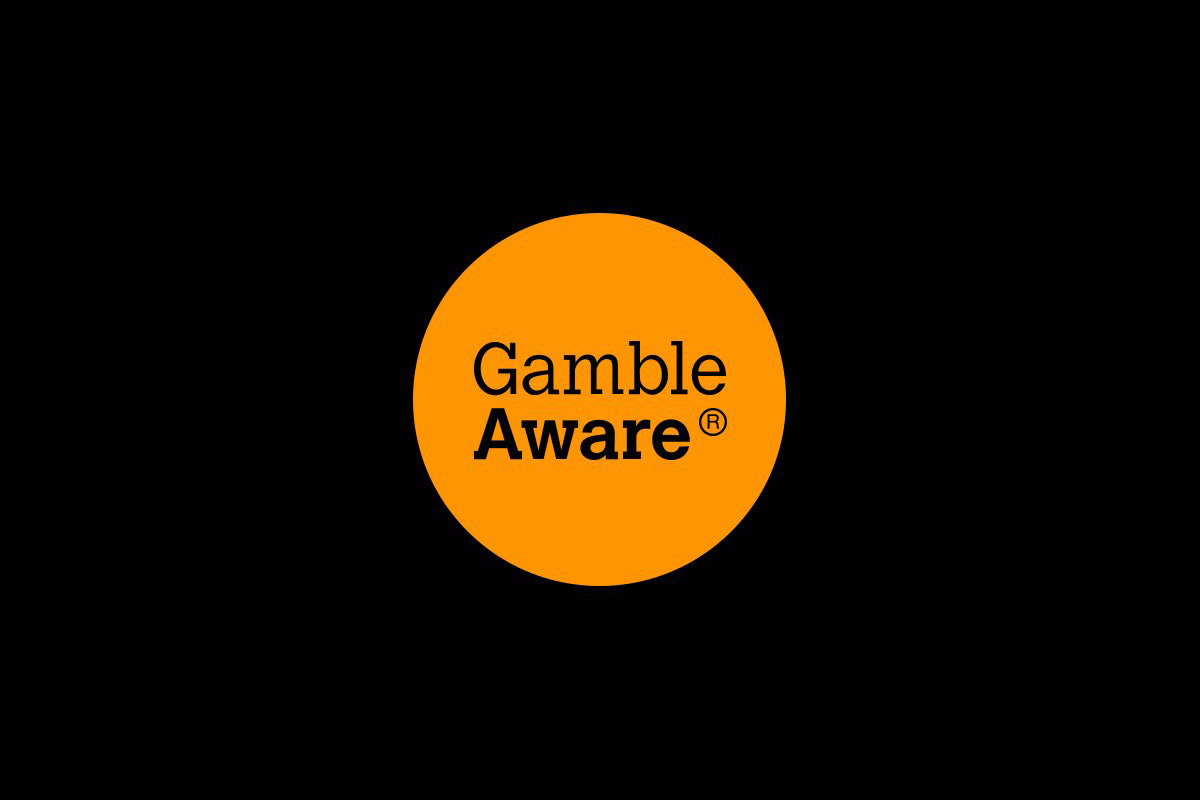

GambleAware has today published a report on the Problem Gambling Severity Index (PGSI) scale, for those who wish to identify, understand and reduce gambling harms.
The PGSI is a set of nine questions about gambling behaviour which has been widely used to identify the extent and scale of gambling problems.
However, it has not been developed as a clinical tool and there is debate surrounding how best to use it for identifying and measuring gambling harms. This led GambleAware to commission Ipsos UK to explore the nature of this index.
The study used advanced statistical methods on a dataset of over 21,000 people taken from the 2020 and 2021 waves of the Annual GB Treatment and Support Survey commissioned by GambleAware.
It found that the PGSI scale can continue to be used to estimate the potential risk of gambling harm, despite it having some limitations.
The analysis found that there was a strong, consistent link between higher PGSI scores and higher rates of psychological distress and that the scale can be used as a tool when considering integrating mental health interventions into treatment plans for people who score highly on the scale.
However, the researchers also found that some PGSI questions are more likely to indicate a severe risk of harm than other questions.
For example, the questions on whether a person has borrowed money to fund their gambling, whether they are experiencing financial problems due to gambling, or whether they feel the need to gamble more to experience the same thrill, may indicate a greater level of harm, whereas the questions on whether a person feels guilty about their gambling activity or chases losses when they gamble appeared to indicate relatively less harm.
This raises questions about whether each PGSI item should be weighted equally when using the PGSI as a clinical or screening tool.
Finally, the study recommended that the full PGSI questionnaire – all nine questions – should be used wherever possible. The alternative short-form PGSI, which uses three of the nine questions, should only be used if there is extremely limited opportunity to interact with people being tested.
This is because using the short-form PGSI has a tendency to fail to identify some cases of problem gambling and therefore can understate the prevalence of problem gambling compared to the full PGSI.












